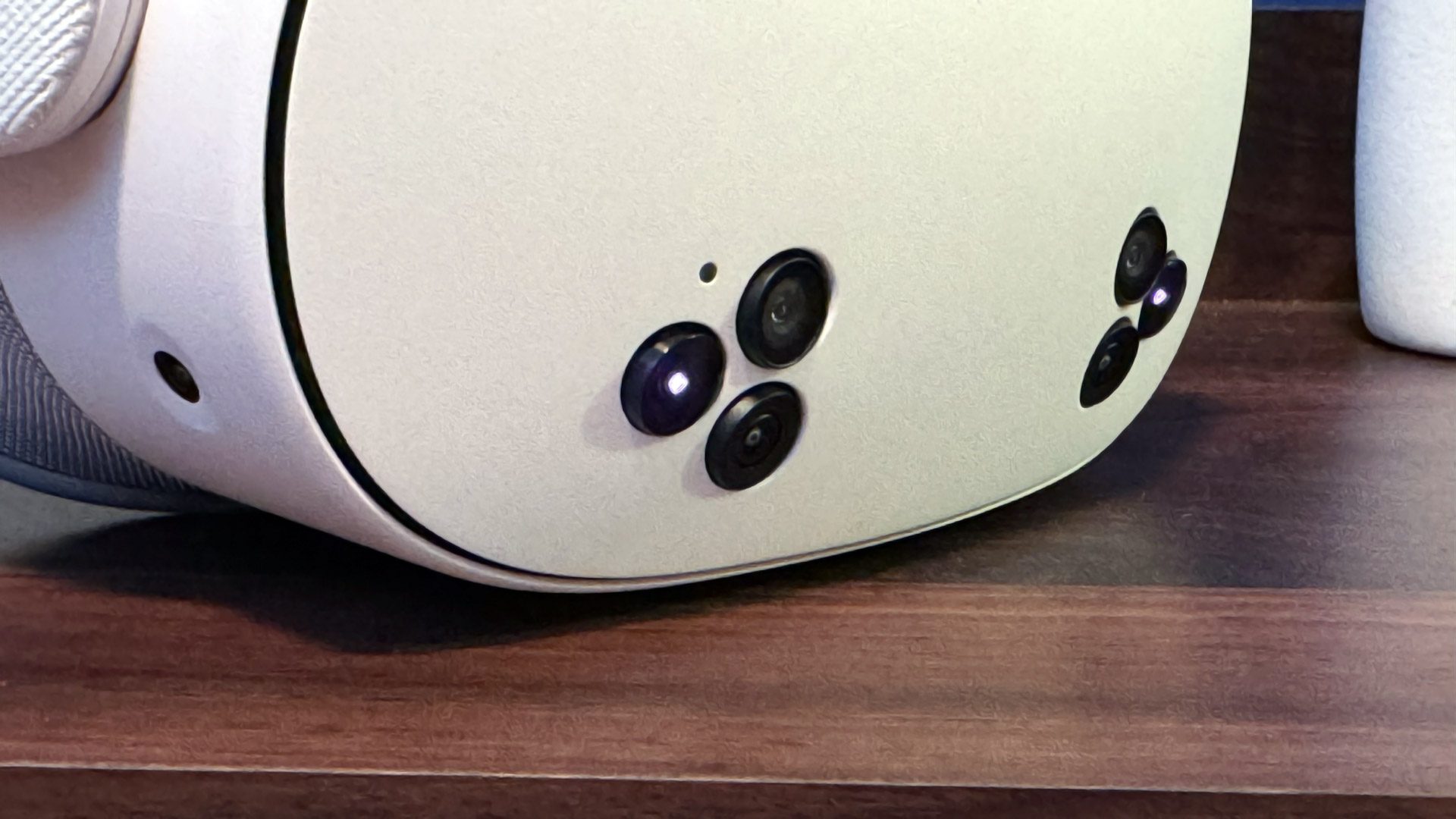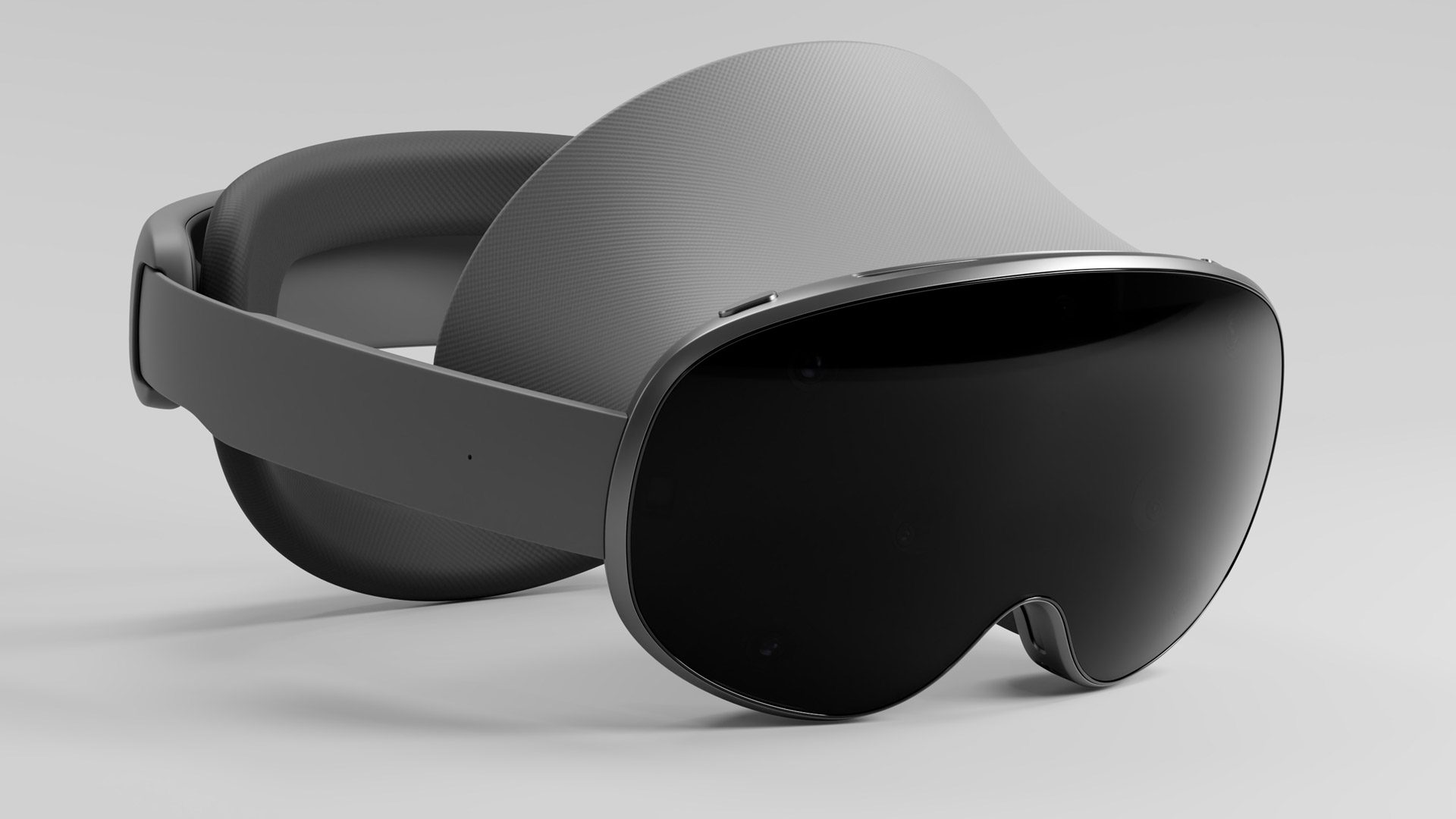Developers of mixed reality games have been clamoring for passthrough camera access on Quest for a while now, something now-departed Meta VP of XR Mark Rabkin said would come with the release of a new camera Passthrough API sometime in early 2025. Now, Google has confirmed that Android XR includes access to passthrough cameras, letting developers fine tune their mixed reality experiences from the get-go.
As reported by XR developer Antony Vitillo of Skarred Ghost, Google has confirmed that Android XR app developers can request permission to access both passthrough and face-tracking cameras, the latter of which only provides an “avatar video stream,” ostensibly allowing a degree of user anonymity.

On Quest and Vision Pro, third-party developers only have access to spatial data and the ability to use passthrough as a background, but not the ability to directly interact with captured frames—making it difficult to apply AI and machine learning algorithms to better understand the user’s space. The only exception right now is enterprise apps on Vision Pro.
On the other hand, Google confirmed Android XR app devs can make use of its various APIs, including Camera2 and CameraX. This critically does allow real-time frame analysis, which can feed frames directly to a machine learning model to better understand a user’s surroundings.
As Vitillo notes, Android XR is still in preview and the long-awaited first device running it, Samsung Project Moohan, hasn’t been officially released. At this point, it’s anyone’s guess what will make it through to the first public release, which is ostensibly planned for consumer launch sometime this year.
More broadly, this essentially means Google is treating camera access on XR headsets similar to how it handles those permission on smartphones, with the move more closely aligning Android XR with the broader ecosystem—which notably also includes app compatibility across XR and mobile and those all-important camera consent prompts.
,
